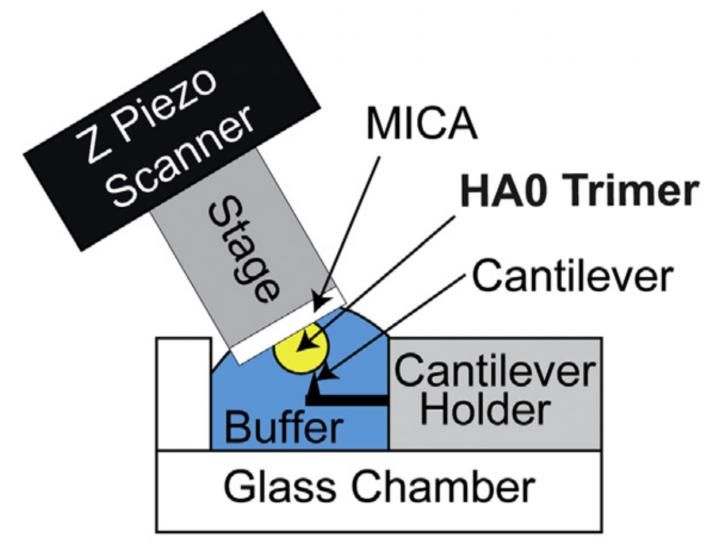Asian Biosafety Practices Fall Short of International Standards
A report recently released by Sandia National laboratories shows that researchers in 16 Asian countries often use insufficient biosafety practices. Biosafety Level (BSL) 2 practices are often employed for research involving BSL 3 agents. Nearly two-thirds of respondents investigating Japanese encephalitis, avian influenza, and severe acute respiratory syndrome (SARS) - which are all BSL 3 agents - perform their research under BSL 2 specifications.
This report was produced under contract by BioInformatics, LLC. BioInformatics used its research expertise to create this report on Asian biosafety and biosecurity research practices in support of Sandia National Laboratories'' Biological Weapons Nonproliferation Department.
For this report, BioInformatics surveyed 300 scientists to assess the current practices employed in studying infectious agents by laboratories located in 16 Asian countries - segmented by the level of biotechnological sophistication.
Topics
Organizations
Related link
Other news from the department business & finance

Get the analytics and lab tech industry in your inbox
By submitting this form you agree that LUMITOS AG will send you the newsletter(s) selected above by email. Your data will not be passed on to third parties. Your data will be stored and processed in accordance with our data protection regulations. LUMITOS may contact you by email for the purpose of advertising or market and opinion surveys. You can revoke your consent at any time without giving reasons to LUMITOS AG, Ernst-Augustin-Str. 2, 12489 Berlin, Germany or by e-mail at revoke@lumitos.com with effect for the future. In addition, each email contains a link to unsubscribe from the corresponding newsletter.



























































